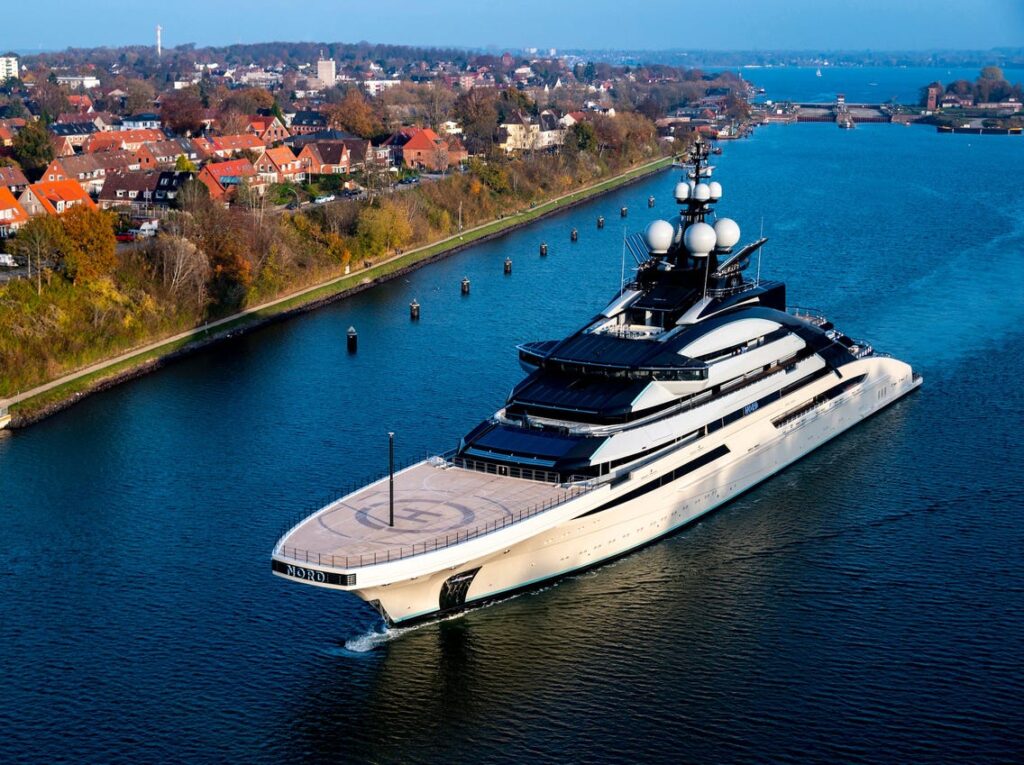In July 2012, a shell company registered in the British Virgin Islands wired $20 million to an investment vehicle in the Cayman Islands that was controlled by a large American hedge fund firm.
The wire transfer was the culmination of months of work by a small army of handlers and enablers in the United States, Europe and the Caribbean. It was a stealth operation intended, at least in part, to mask the source of the funds: Roman Abramovich.
For two decades, the Russian oligarch has relied on this circuitous investment strategy — deploying a string of shell companies, routing money through a small Austrian bank and tapping the connections of leading Wall Street firms — to quietly place billions of dollars with prominent U.S. hedge funds and private equity firms, according to people with knowledge of the transactions.
The key was that every lawyer, corporate director, hedge fund manager and investment adviser involved in the process could honestly say he or she wasn’t working directly for Mr. Abramovich. In some cases, participants weren’t even aware of whose money they were helping to manage.
Wealthy foreign investors like Mr. Abramovich have long been able to move money into American funds using such secretive, roundabout setups, taking advantage of a lightly regulated investment industry and Wall Street’s willingness to ask few questions about the origins of the money.
Now, as the United States and other countries impose sanctions on those close to President Vladimir V. Putin of Russia, hunting down these fortunes could pose significant challenges.


